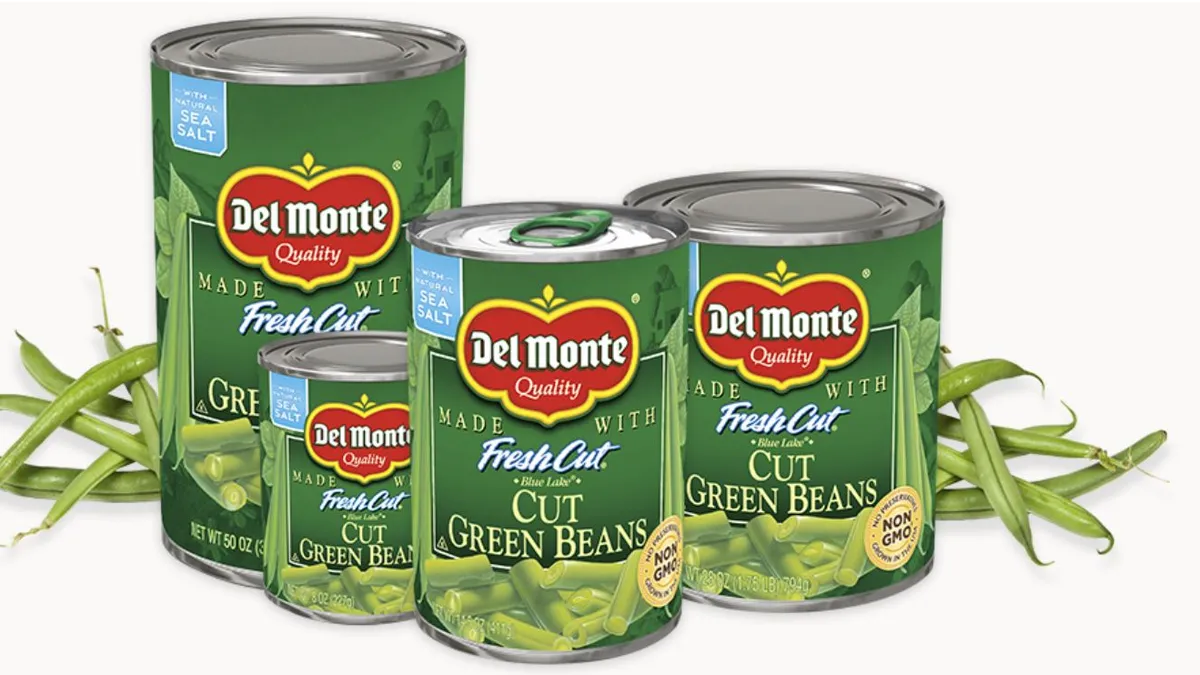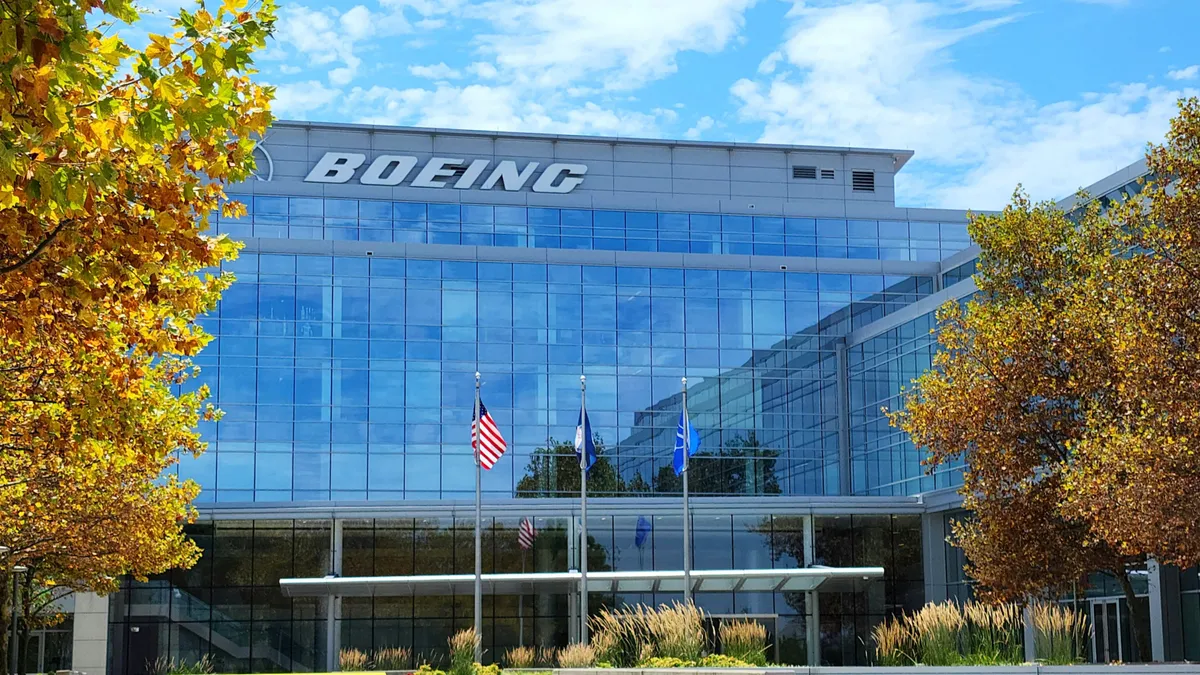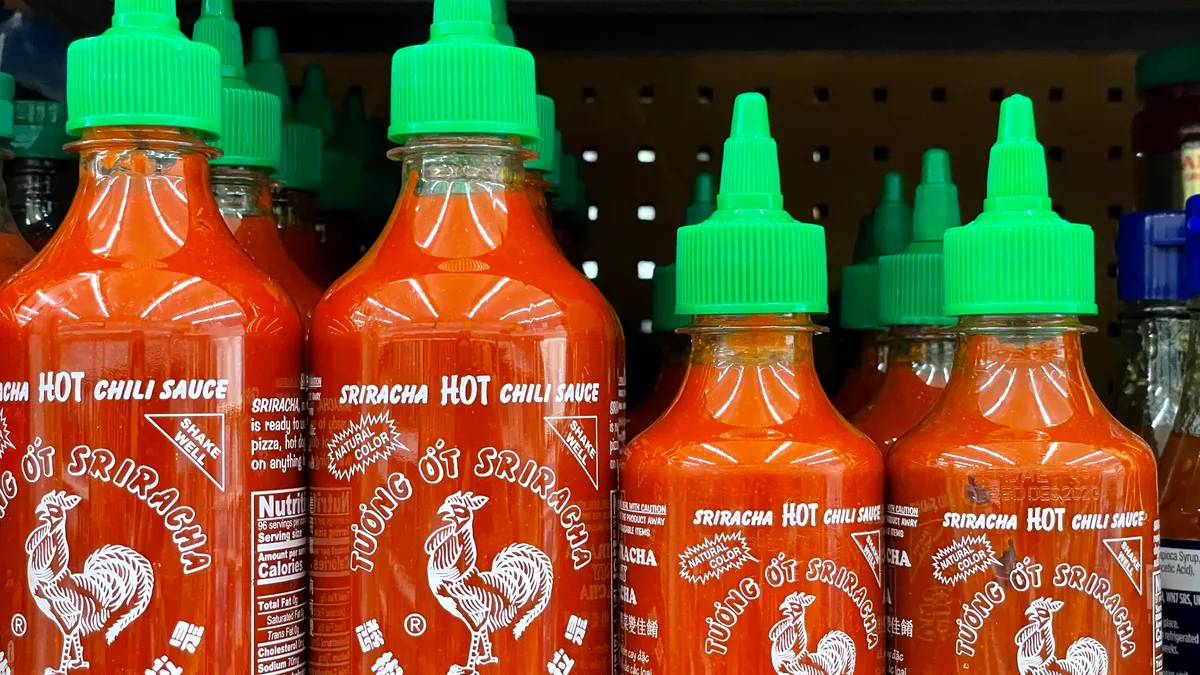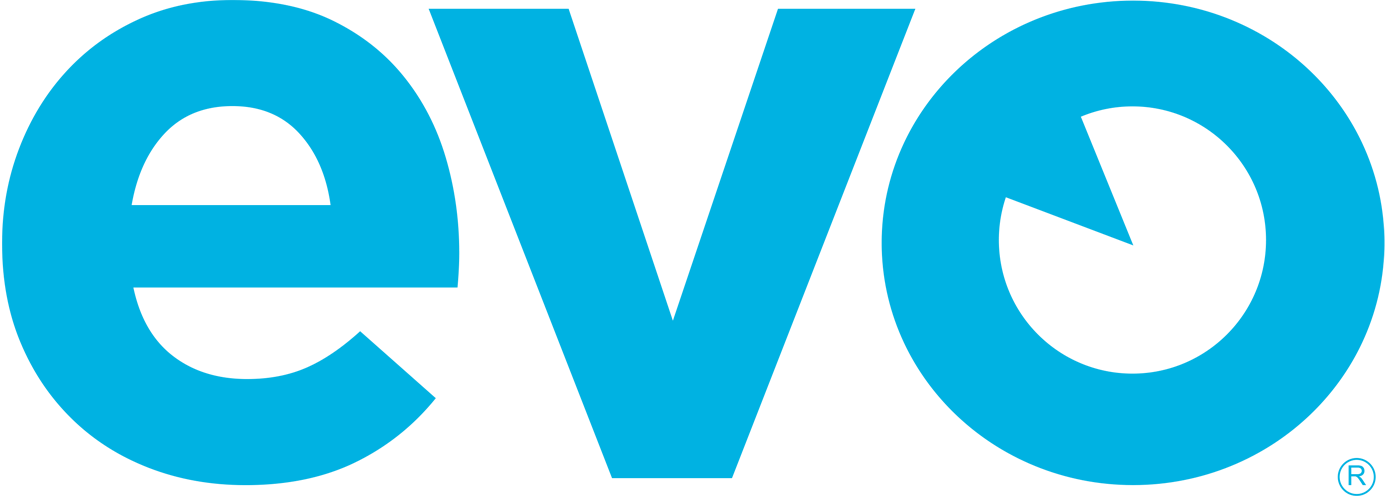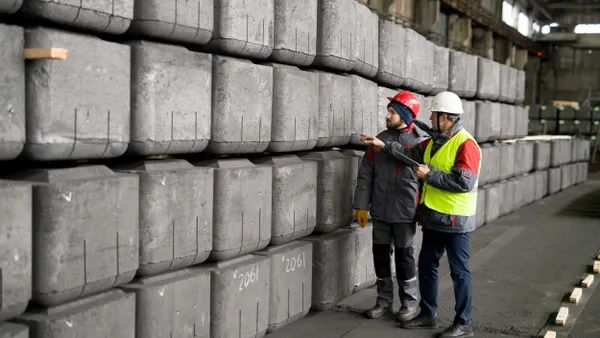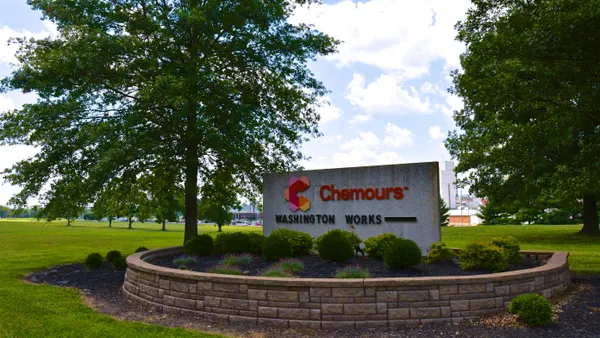Dive Brief:
- Del Monte Foods will close plants in Toppenish, Washington, and Markesan, Wisconsin, to “align and streamline operational capacity with consumer demand.” Production will end on April 26, with labeling and distribution activities expected to continue until the fall. Currently, 90 people are employed at the Wisconsin plant and 127 in Washington, according to WARN notices filed in each state.
- A Del Monte Foods spokesperson told Food Dive in an email that there has been a realignment of “buying habits at pre-COVID levels [that] has required the company to assess its manufacturing network and reduce the number of facilities.”
- Del Monte — whose plant-based portfolio includes its namesake canned fruits and vegetables; Contadina canned tomatoes; College Inn broth; and produce, dressings and sauces under S&W — is the latest food and beverage company to close an older facility or construct a new building to bring production in line with demand.
Dive Insight:
When COVID-19 began impacting the country a few years ago, food manufacturers saw a surge in demand for cereal, pasta, broths and canned goods, among other products. As consumers have returned closer to their pre-pandemic routines of spending more time outside the home, demand has fallen — in some cases to levels that mirror consumption before the outbreak.
Del Monte Foods said the Wisconsin location worked with green beans, while the WARN notice described it as a fruit and vegetable canning facility. The Washington plant handled corn and peas. The Del Monte Foods spokesperson said the food manufacturer is “in the process of bargaining with the union in Toppenish over the effects of the closure.” The individual added that the company will provide affected employees with “resources and support.”
Several food companies have recently announced plant closures to cut costs and boost efficiencies throughout their networks, including snacks maker Kellanova, chips producer Utz Brands, cereal manufacturer Post Holdings and meat and poultry processor Tyson Foods. At the same time, other companies like PepsiCo, Kraft Heinz, Ferrero and Coca-Cola have increased production capacity to put them in position to meet future demand.



